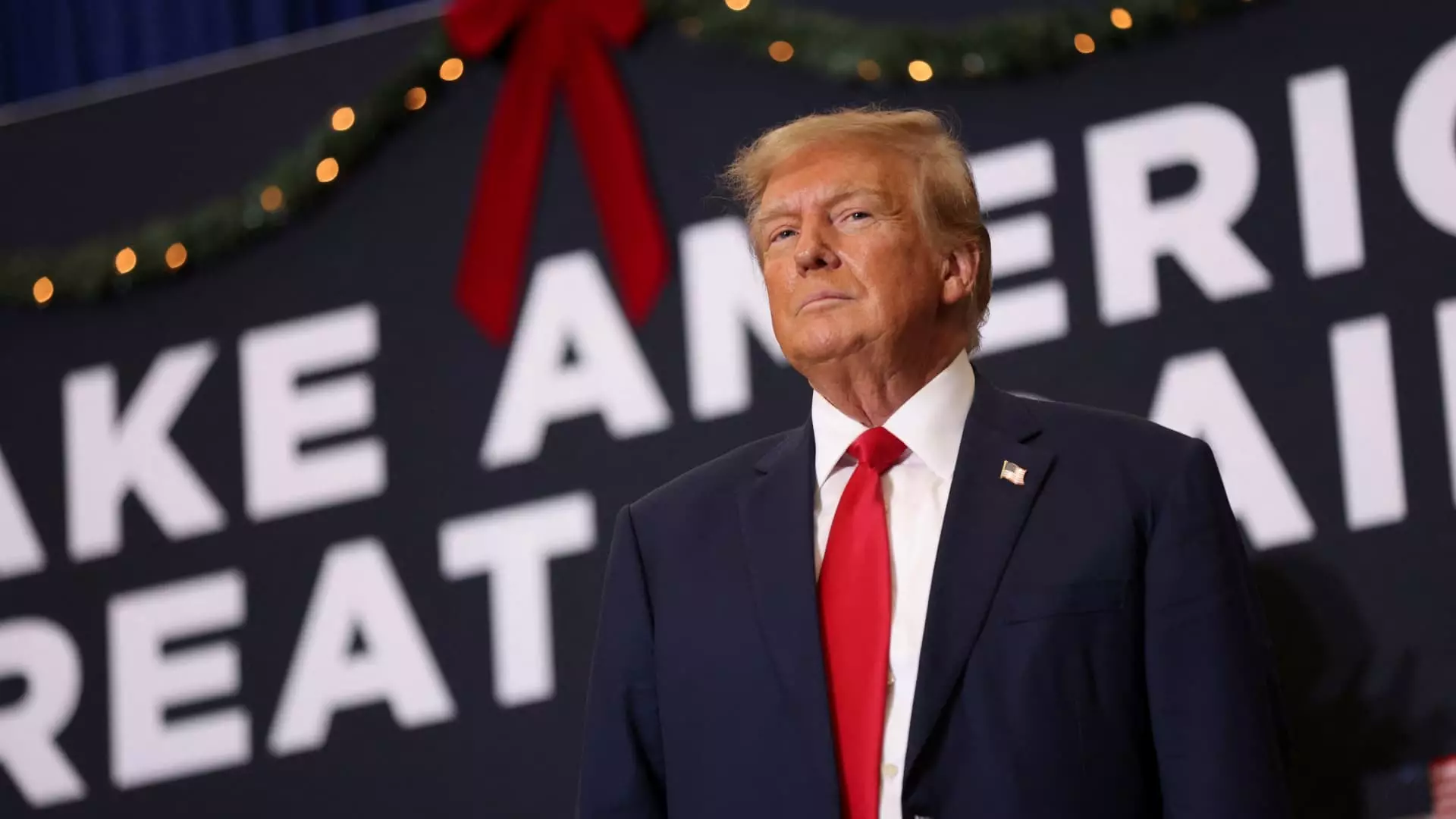The Michigan Supreme Court has made a significant decision regarding the eligibility of former President Donald Trump to appear on the state’s 2024 presidential primary ballot. In a ruling against the liberal group Free Speech For People’s appeal, the court rejected the attempt to block Trump from running for his alleged involvement in inciting the storming of the U.S. Capitol on January 6, 2021. This decision holds great importance considering Michigan’s role as a key election battleground, where it has played a decisive role in the previous two elections, favoring Trump in 2016 and President Joe Biden in 2020.
State courts across the United States are grappling with similar cases aimed at removing Trump from the 2024 ballot based on Section 3 of the 14th Amendment. This constitutional clause prohibits individuals engaged in insurrection activity from holding office. While the Colorado Supreme Court ruled in favor of barring Trump from its primary ballot, the Michigan high court remained unaffected by this precedent, emphasizing that election laws differ between the two states.
The Colorado Supreme Court’s ruling raised hopes among those seeking to disqualify Trump from appearing on primary ballots. However, the decision was not immediately enforceable, with the court providing a delay until January 4 to allow Trump to appeal the ruling to the U.S. Supreme Court. It is worth noting that the nation’s highest court has not yet addressed the interpretation and significance of Section 3 of the 14th Amendment in relation to eligibility for public office.
In addition to challenging Trump’s eligibility in Michigan, Free Speech For People also attempted to remove him from the ballot in Minnesota. However, the Supreme Court of Minnesota, like its counterpart in Michigan, rejected the case. This further strengthens the Michigan court’s ruling and aligns with a previous decision from a judge in the state’s Court of Claims, which emphasized that election officials cannot dictate a presidential primary candidate’s eligibility. Furthermore, the court stated that Trump had not violated Michigan’s election laws when he filed for candidacy in the primaries.
The Michigan Supreme Court’s rejection of the attempt to remove Trump from the state’s 2024 presidential primary ballot has significant implications for both Trump himself and the ongoing debate surrounding Section 3 of the 14th Amendment. As more state courts confront similar cases, the Michigan decision sets a precedent that each state’s unique election laws and circumstances should be considered. Ultimately, this ruling reaffirms the principle that election officials cannot unilaterally dictate a candidate’s eligibility for the presidency. With the upcoming 2024 presidential election on the horizon, the eligibility of candidates and the interpretation of constitutional clauses like Section 3 will continue to be subjects of intense debate and legal scrutiny.

Leave a Reply